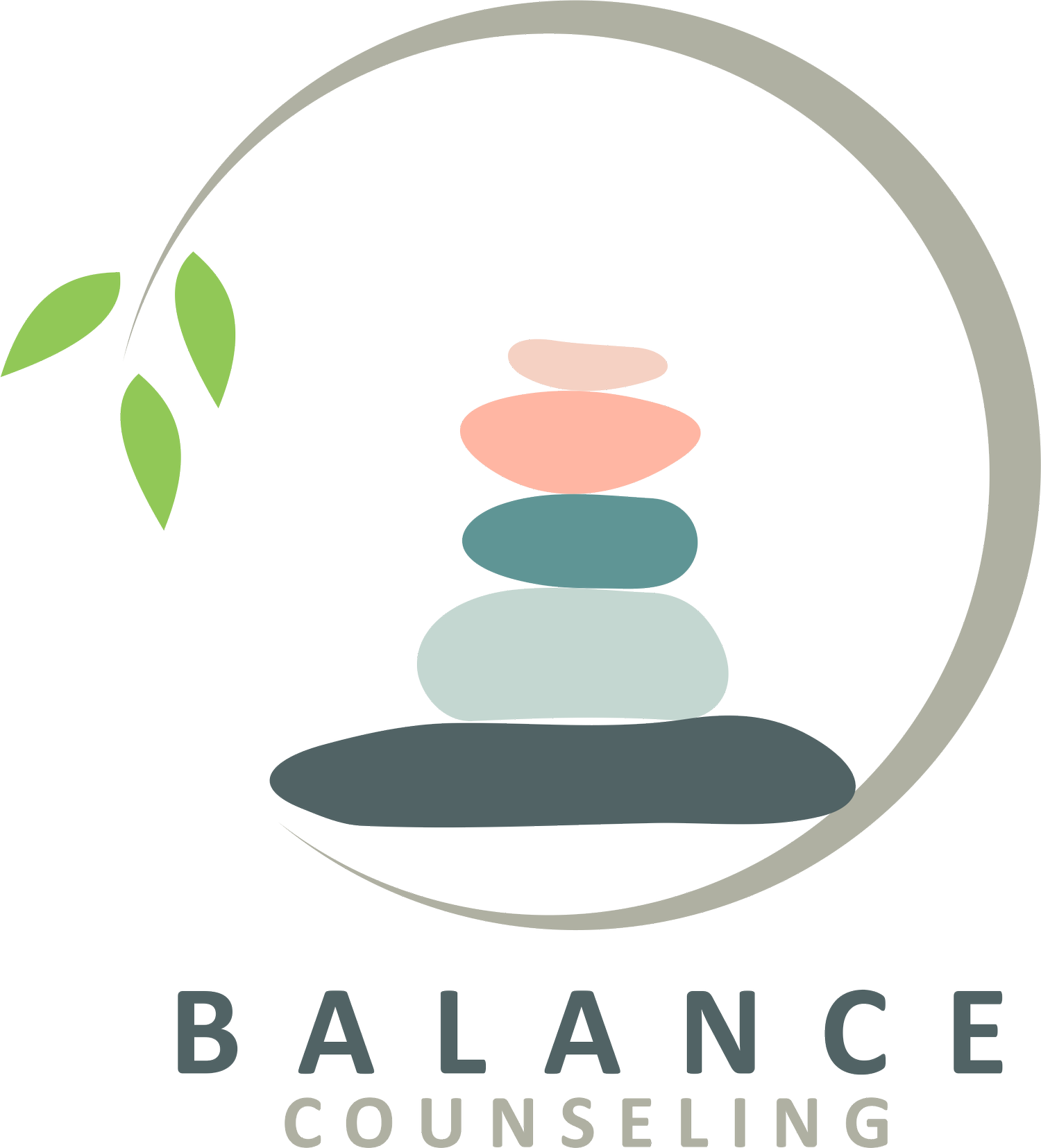Are Anxiety And Depression Related To Each Other?
Anxiety and depression are two separate mental health conditions. Anxiety is when worrisome thoughts interfere with your day. Depression has their own pestering thoughts as well that put you in a low mood. You can experience either one of them or both of them together.
These conditions have similarities with each other like how anxiety and depression can make you irritable. Everyone has different symptoms which can make it hard to know what mental health condition these symptoms are leading towards. The most important thing to learn about anxiety and depression is that they are both treatable. If any of the symptoms of either or both conditions are interfering with your life, it is time to do something about it.
Here is how anxiety and depression are related to each other.
How Anxiety and Depression Overlap
Anxiety is when you feel intense fear or worry on a daily basis. Any time something unpredictable or new happens, you have a tendency to think you are in danger. Depression is when you experience a sadness that lasts more than two weeks and the things you used to love are no longer doing it for you.
While not everyone has the same symptoms of anxiety and depression, the two mental health conditions can go hand in hand at times. Both conditions can mean you have trouble sleeping, increased anger, trouble concentration, aches and pains, and changes in energy.
Both conditions lead to rumination on unwanted thoughts instead of focusing on what is right in front of you. You could waste a lot of time thinking about worst-case scenarios or blaming yourself for what you have no control over..
Reaching a Diagnosis
If you are not feeling like yourself, your doctor can refer you to a therapist. Your doctor might also do lab tests to rule out any underlying medical conditions
Your therapist will ask you a series of questions to get an idea of what condition you have like knowing your symptoms, how long you have had them, and how they affect your daily life. Always be honest with these answers.
A good therapist will listen to you with compassion and understanding to better help you. According to the DSM-5, you need five of the nine main symptoms of depression for at least two weeks to be diagnosed with it. For anxiety, you experience excessive worrying along with three other anxiety symptoms for at least six months.
How to Manage Anxiety and Depression
Remember that anxiety and depression are the results of underlying causes and triggers. It is nothing you have done wrong. Take part in activities you do have control over like making your bed. You will feel a sense of accomplishment and a temporary distraction from your thoughts.
Create a daily schedule so you can provide order to your life and know what to expect. Do not get scared if something in the schedule changes as that is how life works. Just add to the schedule. It is also important to sleep, exercise, and eat well. Always fit time in your schedule to rest and recharge from a stressful day.
Treatment for Anxiety and Depression
Anxiety and depression are very treatable. You do not have to suffer from your symptoms any longer through healthy methods like therapy. Therapy will help you find the underlying causes of your anxiety and depression as well as coping strategies on what to do when triggered.
Your health care provider can also prescribe you medication to reduce your symptoms like antidepressants or mood stabilizers. It is always good to do a combination of different treatment modalities for huge success. There are plenty of treatment options to choose from and you never have to be alone through any of it.
If you are still struggling with anxiety and depression, speak to a mental health specialist right away. Contact us today.
At Balance Counseling we offer Teen Counseling, Child Counseling and Trauma Therapy.


